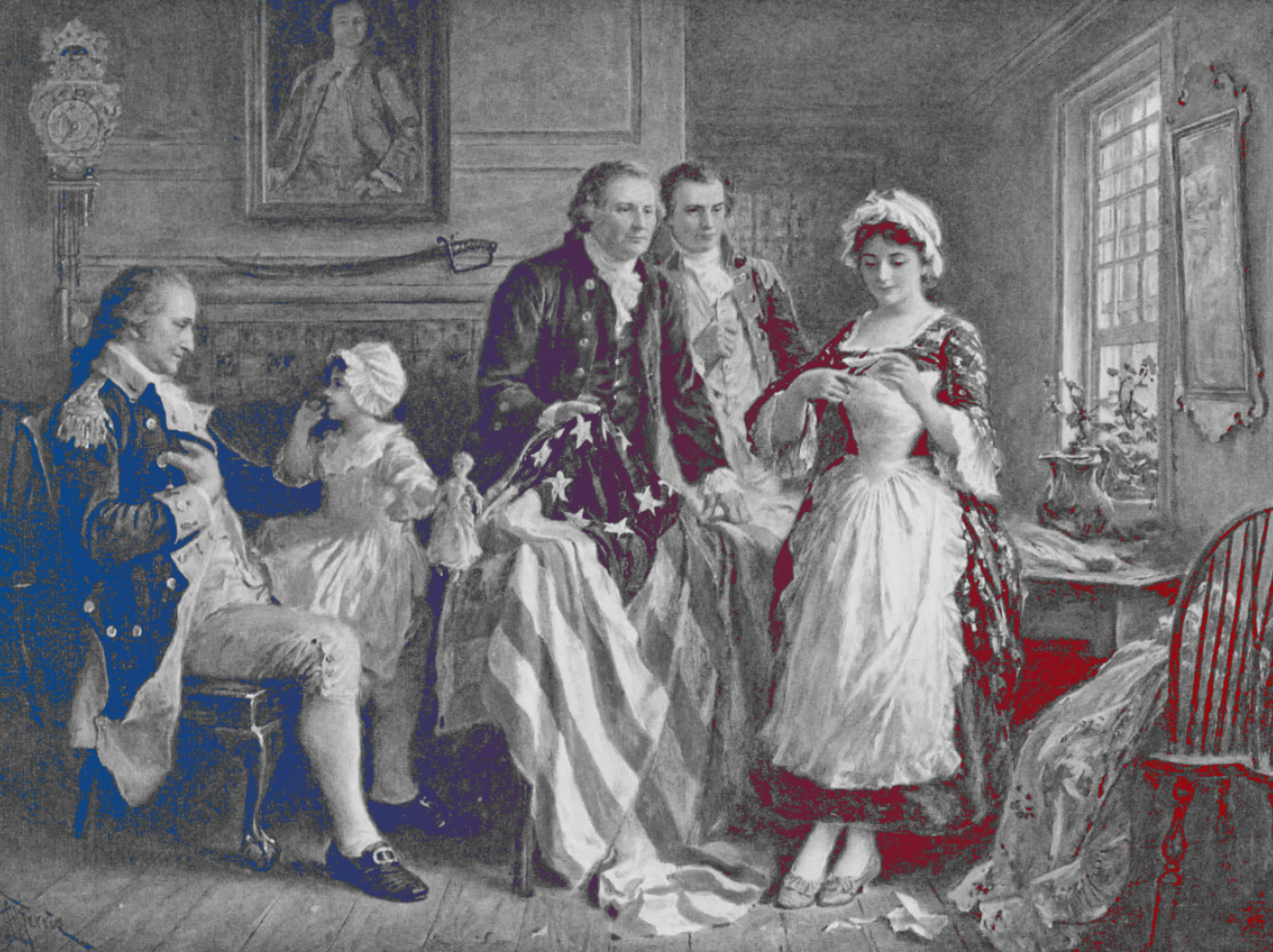
Two hundred forty-nine years ago, a determined band of colonists didn’t just declare independence—they dismantled the old world order. They rejected the centuries-old belief that power comes from bloodlines, conquest, or divine right, and proposed something audacious: that legitimacy flows from the governed, not the governor. That moment was not merely the birth of America—it was a revolution in how humanity understands freedom, responsibility, and the nature of political authority.
As historian Gordon Wood has noted, July 4, 1776, is not only the most significant day in American history but also one of the most important in world history. The Declaration of Independence overturned centuries of political tradition. Monarchs felt the tremors. Movements sparked. Empires wobbled. Jefferson’s words—natural rights, liberty under the law, and the right to resist tyranny—reverberated across continents, from cobblestone streets in Philadelphia to the palaces of Europe and even Vietnam.
But the principles of our nation—and the intellectual heritage we have been endowed with—are not permanent unless protected.
As we approach the 250th anniversary of America, we find ourselves in a struggle against cultural decay, intellectual laziness, and a deep erosion of truth. Our institutions—especially our universities—are not fulfilling their mission. Rather than forming citizens equipped for self-government, they now too often turn out graduates who resent their own country and cast suspicion on the very foundations of Western civilization.
[RELATED: American Revolution Series]
Many students today have been taught to scoff at American ideals without ever truly examining them. They can chant slogans about “equity” but have never grappled with Madison or Mill. They know how to deconstruct but not how to construct. They know how to protest but not how to persuade.
Before our flag, there was a fight—a fight for intellectual clarity about the nature of man, the legitimacy of power, and the meaning of justice. It was a declaration of truth—a truth that can be discovered, debated, and defended.
At Minding the Campus (MTC), our pens and keyboards are our muskets. With them, we defend the intellectual inheritance of the West—truth, liberty, and the cultural foundations that made July 4th possible. These ideals do not sustain themselves. Even the best ideas require champions—those willing to think clearly, argue honestly, and stand firm against the shifting winds of fashion.
That’s why, over the past year, MTC has been chronicling the events leading up to America’s 250th anniversary next July. But this series is about more than history; it is about continuity. The legacy of the Revolution is not merely preserved in museums and monuments. It must endure in classrooms, libraries, syllabi, scholarly debates, elections, and governance.
If you believe, as we do, that the ideas that gave birth to our nation remain vital and urgent for our future, we invite you to support our American Revolution series. Read it. Share it. And if you can, help fuel our efforts with a donation.
The next revolution won’t be fought with muskets—it will be fought with ideas.
Follow Jared Gould on X.
Art by Beck & Stone

“… July 4, 1776, is not only the most significant day in American history…”
July SECOND, 1776!
“By July 1, the delegates from New York, South Carolina, Pennsylvania and Delaware were still not on board with independence. Edward Rutledge of South Carolina believed that a declaration of independence would come later, but seeing that the measure would still pass, agreed convince the South Carolina delegation to vote in favor to make the resolution unanimous. On July 2, two members of the Pennsylvania delegation that opposed independence were convinced to be absent. Caesar Rodney of Delaware rode throughout the night to arrive in time and swing Delaware’s vote in favor of independence. The New York delegation, still with no direction from the colonial government, agreed to abstain from the vote. The vote on the Lee resolution was held on July 2, and it passed unanimously with 12 yes votes and 1 abstention. The colonies had now voted for independence. [emphasis added]
John Adams jubilantly wrote to his wife Abigail that “The second day of July, 1776, will be the most memorable epoch in the history of America. I am apt to believe that it will be celebrated by succeeding generations as the great anniversary festival. It ought to be commemorated as the day of deliverance, by solemn acts of devotion to God Almighty. It ought to be solemnized with pomp and parade, with shows, games, sports, guns, bells, bonfires, and illuminations, from one end of this continent to the other, from this time forward forever more.” https://www.battlefields.org/learn/articles/path-declaration
Even Elon Musk sees what is going on.
I can see that China has now raced far ahead of the United States in solar energy, wind energy (which, it happens, I despise), battery technology, electric cars, robot manufacaturing, nuclear power. Ship building. Vastly higher steel production. The U.S. even lags some of its smaller competitors in steel. Go ahead and blame it on China “stealing” our technology. It’s loser talk.
Meanwhile, Trump is backing fossil fuels (carbon fuels), and is actually putting a ruinous tax on renewable energy.
And of course, Trump is doing his best to destroy American universities, American science, the prospects of young American scientists, who are now looking for foreign countries to try to save their careers.
The contrast between America 250 and America 200 is horrifying.
Oh, I forgot to mention, China’s many thousands of miles of bullet trains.
Why don’t you just admit it: Donald Trump is jeopardizing your cushy job.
China is able to do what it does because (a) China is willing to use the planet as a cesspool and (b) no one is willing to call them on it. American steel has to meet strict pollution requirements, Chinese steel meets none. Shipbuilding is old technology, and a whole lot easier when you neither have to worry about workplace safety nor union rules. Nor intellectual property rights — and China is stealing us blind.
China is an example of how a country can be successful if one doesn’t care about the environment or worker safety and can simply disappear every union or environmental activist.
And as to the young “American” scientists, how many of them are actually from here?